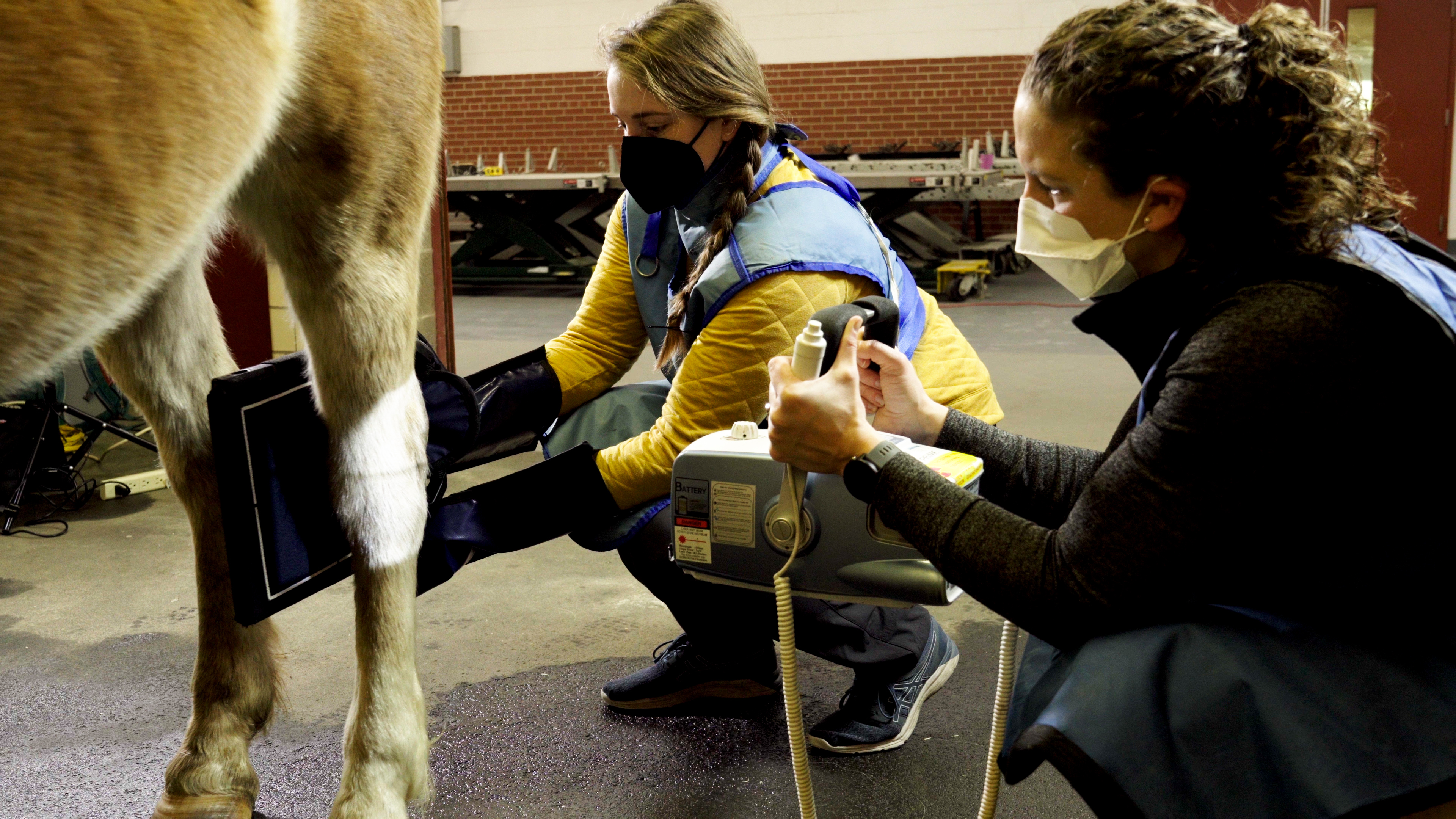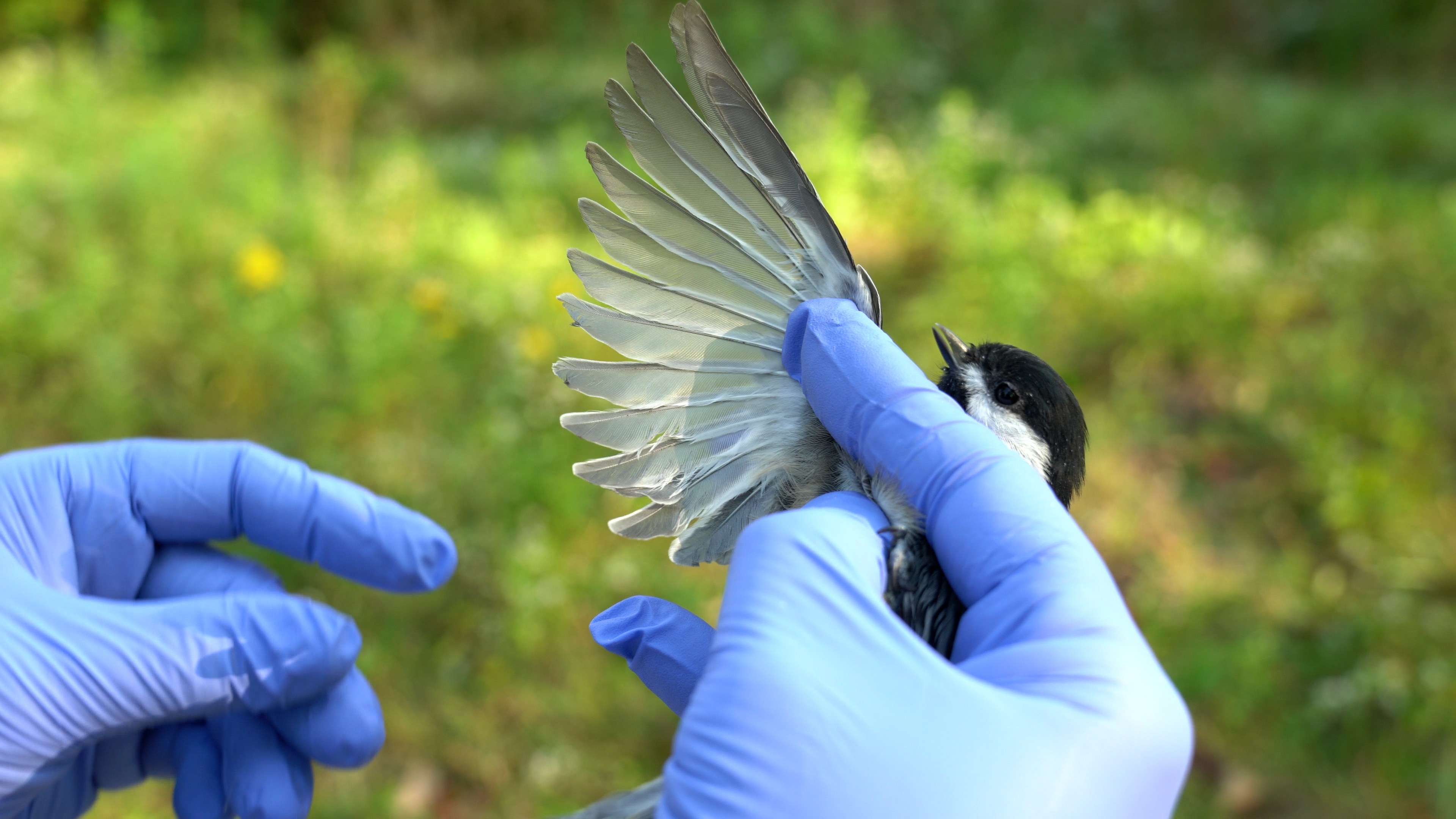
The College of Veterinary Medicine (CVM) encourages faculty to submit proposals for projects with an aim of improving the student learning experience. The Educational Support Services (ESS) unit provides services to support faculty in their efforts to improve curricula. Support is available to all CVM faculty and seeks to provide assistance to develop new resources, expand existing projects or experiment with new instructional approaches.
In 2021 we moved to a rolling application process, allowing ESS to more quickly accept and produce projects alongside faculty. By shortening the path from idea to implementation we are able to address current teaching challenges, run pilot tests and adapt materials where needed.
Every month, the ESS team and curriculum administration will review applications and accept a mixture of projects that optimizes curricular impact and leverages the skills of the ESS team. Successful applicants will receive access to instructional design and project development services provided by CVM’s ESS team, which provides services in: medical illustration and animation; videography; instructional design; assessment development; online module creation; and custom software development.
The Curriculum Enhancement Grant is a specific program started in 2018 under the title Educational Technology Innovation Grants, continued in 2019-20 as the Veterinary Curriculum Enhancement Grants. Support for this grant was made possible by the CVM Office of the Dean and the Jockey Club College of Veterinary Medicine and Life Sciences program at City University of Hong Kong. However, individual program support may be provided by either Cornell, CityU or both. Faculty members who teach in the Cornell University College of Veterinary Medicine or the City University Jockey Club College of Veterinary Medicine and Life Sciences are eligible to apply. There is no budget requirement to apply for this grant, nor are funds transferred to successful applicants.
Current Project Focus Areas
The Educational Support Services team seeks faculty collaborators to create teaching and learning resources which address foundational knowledge and clinical and professional skills, especially those commonly associated with student misconceptions. We also seek projects that would help to modernize existing resources with an eye towards accessibility and universal design principles.
Some examples of targeted project categories are provided below. If your idea does not fit within one of these categories, you are still encouraged to apply.
- Small Interventions in Teaching and Learning
- Online Modules/Pre-learning for Active Learning Sessions or Lectures
- Procedure Illustrations or Animations
- Skills or Procedure Videos
- Formative Assessment Creation (i.e. practice assessments for learning)
- Competency-Based Curricular Intersections – resources founded on the competency framework that would benefit more than one course or audience.
Faculty Time Commitment
The ESS team is experienced working with faculty schedules and deadlines. We understand that you are busy and will work with you to plan the scale and scope of a project that will be feasible given the time you can commit. As such, we ask that you honestly evaluate your availability when answering this question on the application form so we can make recommendations appropriately.
How to Apply
- Please use this webform to add your project to our rolling application pool.
- Applicants will be notified by the 15th of the month after they are submitted of their project acceptance status.
- Questions about the application or working with ESS may be directed to Katelynn Wagner at kcw52@cornell.edu
Proposals Must Address the Following

- Faculty Lead
- Collaborators
- Audiences/courses that will benefit:
- Description of Project
- Need: Why is your learning resource/activity necessary and how will it benefit students?
- Competency: Does your project support program competencies (e.g. DVM competency framework or MPH competencies)?
- Outcomes/Impact: How will you assess the learning impact of your project?
- When would you ideally use this resource (semester, or specific date)?
- How much of your time would you like to commit to this project?
Helpful Resources
- Cornell DVM Competency Framework
- Educational Support Services team and available expertise
- ESS Portfolio with examples of recent projects


